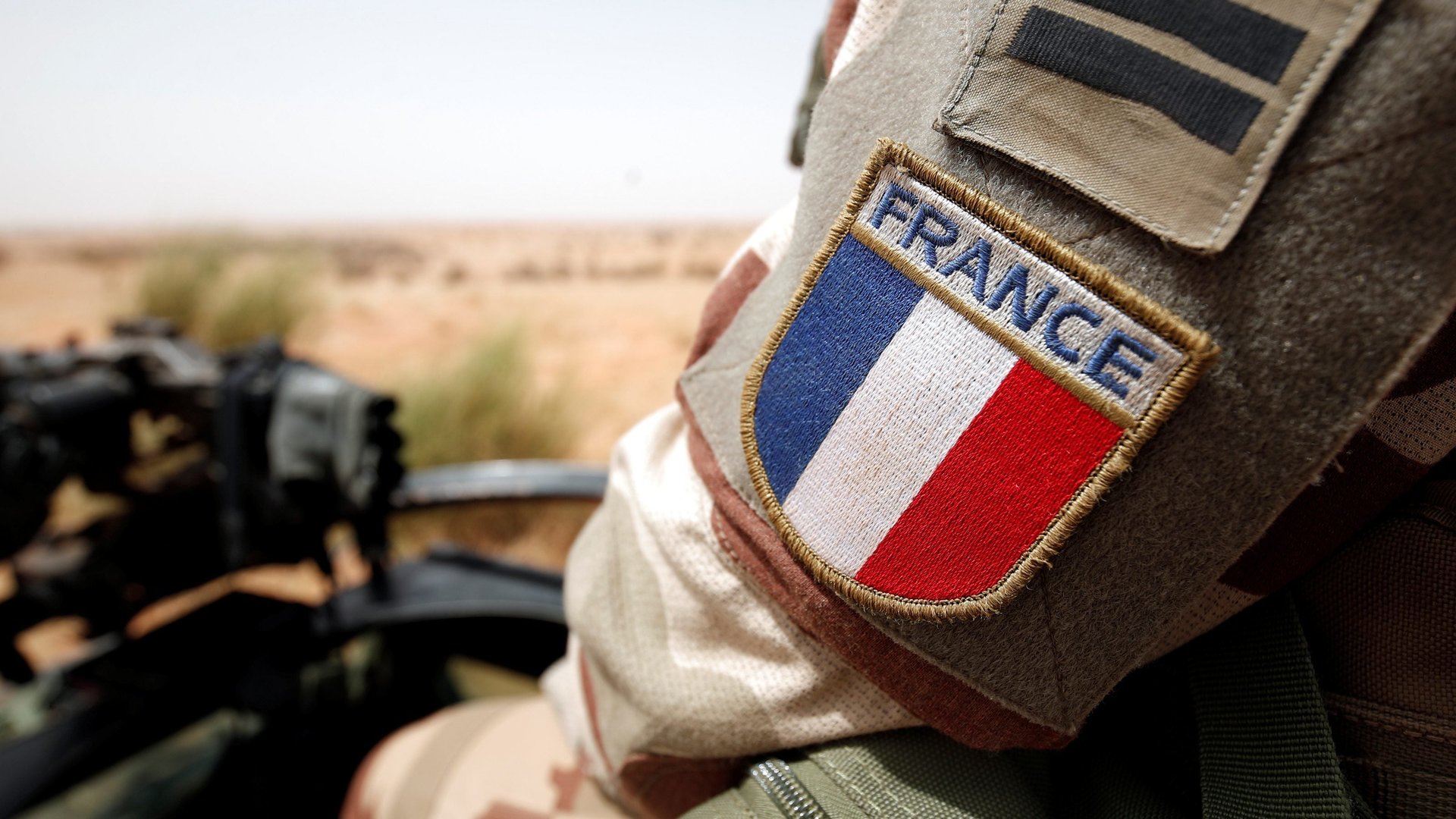France’s role in saving a US hostage in Africa shows the importance of alliances
During the evening hours of May 9 in northern Burkina Faso, a landlocked country in West Africa, French military commandos made their way toward four sheds. Inside, they believed, terrorists were holding two French tourists who were kidnapped while traveling in neighboring Benin a week earlier. When the soldiers arrived, they were surprised to find not just six terrorists and two French hostages, but also an American and South Korean hostage.


During the evening hours of May 9 in northern Burkina Faso, a landlocked country in West Africa, French military commandos made their way toward four sheds. Inside, they believed, terrorists were holding two French tourists who were kidnapped while traveling in neighboring Benin a week earlier. When the soldiers arrived, they were surprised to find not just six terrorists and two French hostages, but also an American and South Korean hostage.
Two French special forces soldiers, Cédric de Pierrepont and Alain Bertoncello, were killed in the ensuing struggle to save the four hostages. “They died for France,” said Florence Parly, France’s armed-forces minister, at a news conference yesterday (link in French). “They did not shake, they did not hesitate, they protected the hostages at the cost of their own lives.”
France’s armed forces chief, general François Lecointre, said the rescue operation was their last chance to save the hostages, who were about to be handed over to another Islamist militant group in Mali, at which point it would have become “impossible to organize a release operation.” Lecointre also said that the American and South Korean hostages, whose identities were not disclosed, had been held for 28 days before their rescue. US officials were apparently unaware that an American was also being held by the group.
French and American intelligence services worked together to track the kidnappers in Burkina Faso. In a press release (link in French), Parly acknowledged the “precious support of our American allies” in conducting the operation. Tibor Nagy, assistant secretary for the US State Department’s Bureau of African Affairs, tweeted his thanks and condolences to French special forces.
The Sahel, a vast region that borders the Sahara Desert and stretches from Senegal to Sudan, has become an increasingly dangerous transit hub for terrorists and criminal networks trafficking in drugs, weapons, and humans in recent years. France maintains the largest foreign military presence in the Sahel under Operation Barkhane (link in French): about 4,500 French troops, along with drones, fighter jets, helicopters, and tanks, divided between three bases in Mali, Niger, and Chad.
Despite the escalating threat in Africa, earlier this year the Trump administration announced it would reduce the US military presence there (paywall) by about 25% in 2022. The US already relies mostly on French and African forces to carry out counterterrorism missions in the Sahel, though American forces often provide aerial refueling and airlifting. That, say some analysts, is why the US-French alliance in the region is so crucial. This week’s hostage rescue was not the first time French military helped Americans in the Sahel: In 2017, French aircraft rescued ambushed US Special Forces soldiers in Niger.
Analysts have pointed to the Trump administration’s lack of commitment to the region as a strategic mistake. Alexandra de Hoop Scheffer and Martin Quencez, two analysts at the German Marshall Fund of the United States, wrote in January that “the United States relies on French leadership and savoir-faire in Africa, and its quick reaction assets in Niger,” but that “without the United States on its side, France’s ability to project power and conduct counterterrorism operations is limited.”
This week’s hostage rescue is a symbol of why continued military investment in the region is important. It also calls into question the Trump administration’s skepticism of international partnerships.
Benjamin Haddad, director of the Future Europe Initiative at the Atlantic Council, tweeted yesterday, “This is what alliances are for.”